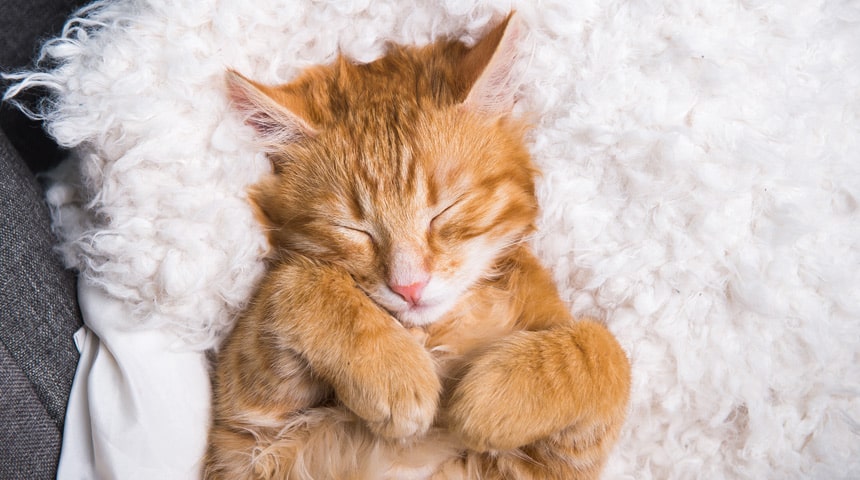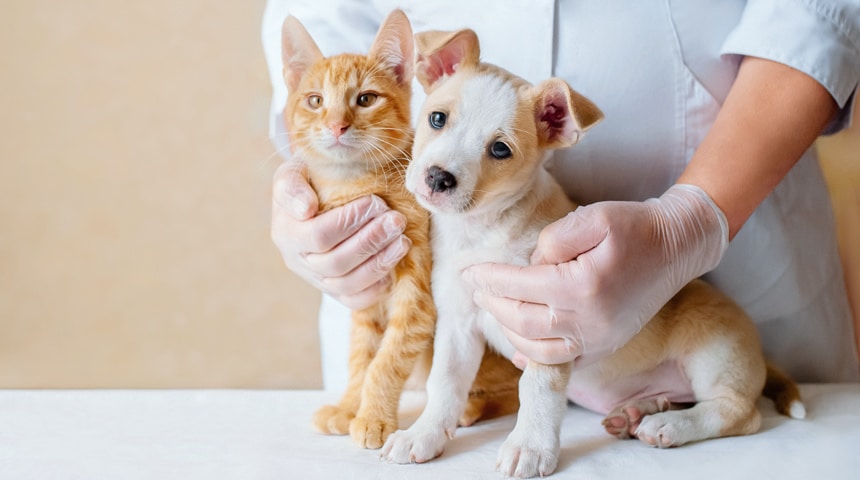The horror! Max has urinated in the middle of the bed. Once you get over the initial shock, there are a few things to check:
- Under which circumstances did this happen? Was there a stressful event?
- Is the litter box clean?
- How has Max been feeling lately?
- Did he urinate a lot more, or a lot less than usual?
Urinating out of the litter box can hide a medical problem. Having a physical exam and urinalysis done is a smart choice. Bladder inflammation, urinary crystals, diabetes, or kidney failure are all factors that can explain this "bad" behaviour. If the tests do not reveal anything, it may be a behavioural issue.
It is very important to keep the litter box spotless! We recommend that the number of litter boxes in a house be equal to the number of cats + 1. It is preferable to use a litter box without a dome, filled with unscented material... And it must be emptied every day! The box itself should be cleaned thoroughly once a week and replaced every year. Place it in a quiet and easily accessible place. Not next to the furnace!
Despite normal test results and perfect litter box management, Max may continue to urinate in inappropriate places. In this case, anxiety may be the source of the problem. This is a diagnosis of exclusion, which means that other reasons have been ruled out. Possible therapeutic approaches include synthetic hormones, milk protein hydrolysates, antidepressants, environmental enrichment. We will discuss these further in a subsequent article.
When it comes to cleaning up Max’s mess, there are different products available to neutralize odours. Cleaning should be completed quickly. Avoid bleach, as it will attract Max to the same spot! Note that bleach is an excellent disinfectant... except in this case, it’s not the best idea!
If you have any problems, don’t hesitate to reach out to your veterinarian!







